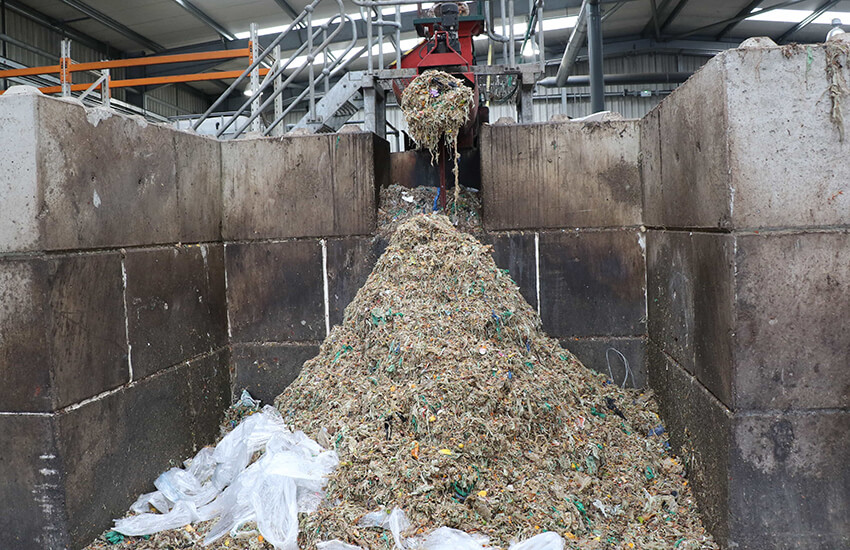Environment Agency to review regulation of biowaste sector.
A review into the biowaste sector is to be launched by the Environment Agency, as it looks to embed recent changes to legislation into its work.
The Environment Agency is launching a review into the bio waste sector
The review, which will incorporate the anaerobic digestion and composting industries, will ensure that operators are regulated ‘consistently’ and in line with the objectives of the government’s 25 Year Environment Plan a.
A standard rules consultation will be published in early Autumn. Legislation which will be brought in includes the EU’s Industrial Emissions Directive, which looks to reduce harmful industrial emissions, in particular through better application of Best Available Techniques (BAT).
An Environment Agency spokesperson said: “The aim of the review of permitted sites is to ensure the bio-waste sector continues to grow and develop in a sustainable and efficient way, providing benefits to communities and the environment.
“The review has developed with input from industry representatives from the bio-waste sector, ensuring we are well sighted on opportunities and issues.”
The bio waste sector covers composting, anaerobic digestion and mechanical biological treatment.
The review will begin with bespoke Installations permits, with sites with the highest risk or poorest performance being prioritised. The agency will formally request information from operators on their processes and pollution control measures. Waste operation permits are set to undergo a similar process beginning in late Autumn.
“The important thing is we are given adequate time for any changes which are implemented and we are given chances to discuss and have dialogue with the agency.”
Jeremy Jacobs – technical director at the Renewable Energy Association and an expert on organics recycling – said he was pleased to see focus on the sector as long as industry was involved in discussion with the Environment Agency on any potential changes in regulatory approach.
He explained: “What is important for us is that we have got regulation which is proportionate, affordable and one which provides good environmental benefits.
“The important thing is we are given adequate time for any changes which are implemented and we are given chances to discuss and have dialogue with the agency.”
Mr Jacobs added that the Environment Agency needed to take an approach which “has a carrot as well as a stick,” suggesting self-regulation should be brought in for better performing sites.
He also encouraged the government body to look beyond those processing bio waste, especially when it came to tackling plastic contamination in organic waste.
“We welcome opportunity for Environment Agency to look further upstream at where waste comes from and some of the origins of waste,” Mr Jacobs commented.

